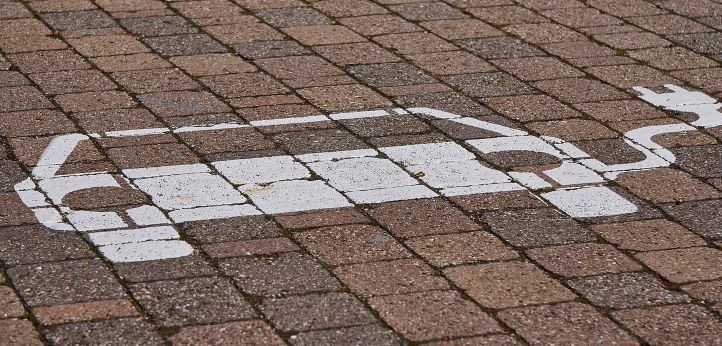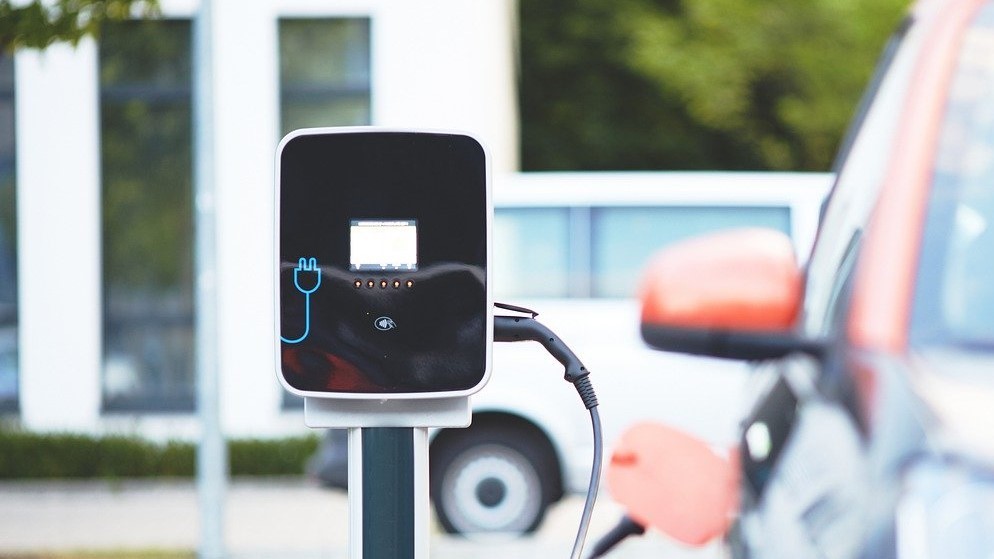The German passenger car market is off to a weak start in the new year. In January, new passenger car registrations fell by 3 percent compared with the same month last year. According to the Federal Motor Transport Authority, 179,200 new passenger cars were registered. This is the second lowest level of registrations in a January since 1991.
There was a real slump in the number of electric vehicles. Only just under 27,000 new e-cars were registered in January. This represents a drop of 32 percent. New registrations of plug-in hybrids fell particularly sharply, by 53 percent to just 8,900 units. Since the beginning of the year, there has been no government purchase subsidy for these vehicles. In addition, 18,100 pure electric cars were newly registered (minus 13 percent).
The share of e-vehicles fell to 15 percent in January, compared with an average of 31 percent in 2022. In contrast, more new passenger cars in January had a diesel engine (22 percent) or a gasoline engine (39 percent).
Reinhard Zirpel, President of the Association of International Motor Vehicle Manufacturers (VDIK), said: “The weak start to the year has to be seen in the context of the very strong end of 2022. New registrations of e-vehicles in particular were brought forward in December and are now lacking. However, we expect the market to turn positive after this pull-forward effect expires due to improved delivery capability. Nevertheless, the cut in e-car subsidies in 2023 is leaving a clear mark. We fear that the previous momentum will be over for the time being.”
The strong final spurt at the end of 2022 also had an impact on private registrations in January, with 56,700 registrations representing a drop of 12 percent. This represents 32 percent of the overall market.
The commercial vehicle market, on the other hand, saw strong growth in January, with registrations up 15 percent to 26,700. Both light and heavy commercial vehicles contributed to the growth. By contrast, sales of newly registered commercial vehicles with alternative drive systems were significantly lower than for passenger cars. In 2022, this figure was below 10 percent.
| January | |||
|---|---|---|---|
| Change vs. 2021 (%) | Share of total car market (%) |
||
| Passenger car | 179,200 | -3 | 100 |
| – VDIK-brands | 67,800 | -4 | 38 |
| – german brands | 105,300 | -5 | 59 |
| – other brands | 6,100 | 220 | 3 |
| Electric vehicles (total) | 27,000 | -32 | 10 |
| – purely battery-powered | 18,100 | -13 | 15 |
| – plug-in-hybrids | 8,900 | -53 | 5 |
| Commercial vehicle | 26.700 | 15 | |
Source: KBA, VDIK





